London-based writer. Often climbing.
Fuck AI @lemmy.world WordPress have added an 'Improve with AI' option to their 'new post' sidebar
UK Politics @feddit.uk Populists attack London because it is ‘progressive and successful’, says Sadiq Khan
London @feddit.uk Populists attack London because it is ‘progressive and successful’, says Sadiq Khan
United Kingdom @feddit.uk 2025 is ‘year of the octopus’ as record numbers spotted off England’s south coast
UK Politics @feddit.uk ‘The Employment Rights Bill is a massive step forward – but we’re not done delivering for working people’ – LabourList
London @feddit.uk All the places where 30,000 new homes will be built with DLR extension
UK Politics @feddit.uk Chief of the Defence Staff speech: 'A new era for defence means our whole nation stepping up'
United Kingdom @feddit.uk A vast oyster reef is about to transform the English coast
United Kingdom @feddit.uk Rape victims in England and Wales to be protected from ‘serial liar’ trope in legal shake-up
United Kingdom @feddit.uk The Reform-Backed Far-Right Street Patrols Coming to British School Gates
United Kingdom @feddit.uk Nimby Watch: Nimbys hate your children
United Kingdom @feddit.uk Don’t believe Nigel Farage’s denials. He targeted me for being Jewish – and it hurt | Peter Ettedgui
United Kingdom @feddit.uk ‘It fully changed my life!’ How young rewilders transformed a farm – and began a movement
United Kingdom @feddit.uk 'Palestine Action activist struck officer with sledgehammer', court hears
United Kingdom @feddit.uk 'It's Time for a Debate About Who Owns Our Media' Says Leader of the UK's Trade Union Movement
United Kingdom @feddit.uk Resident doctors strikes: Everything you need to know
UK Politics @feddit.uk Abolish the monarchy: It’s more than Prince Andrew – the whole House of Windsor is rotten to the core
UK Politics @feddit.uk ‘Labour’s new deal for working people will restore dignity and justice to work – but the Tories and Liberal Democrats are trying to wreck it’ – LabourList
UK Politics @feddit.uk UK unveils ‘carbon budget delivery plan’ to get back on track for net zero targets
UK Politics @feddit.uk Starmer needs to get serious about governing — and quick
- JumpDeleted
Permanently Deleted


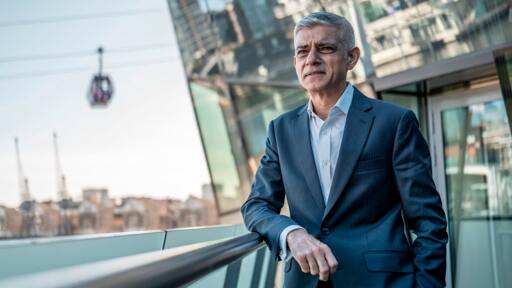
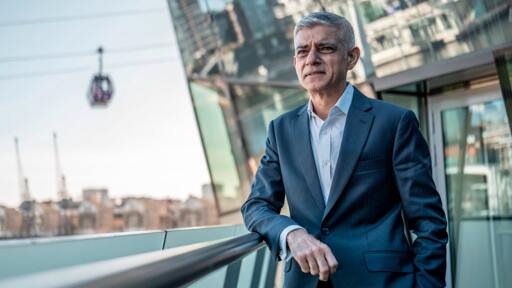

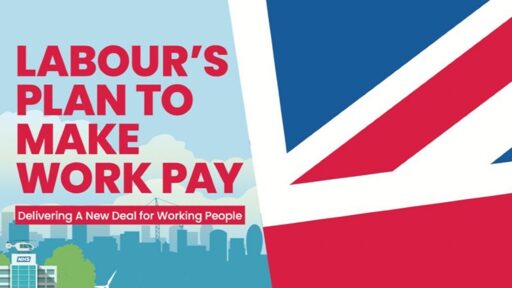
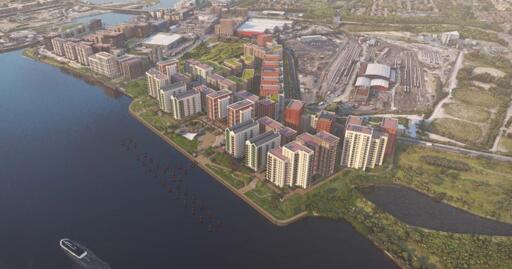

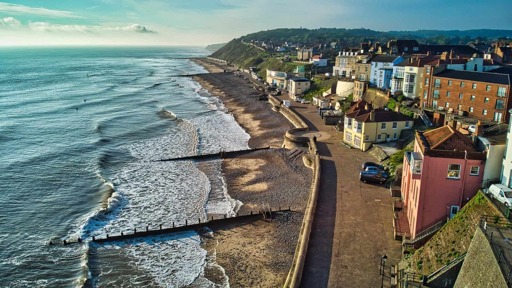

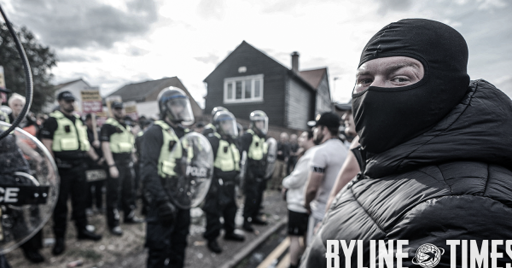
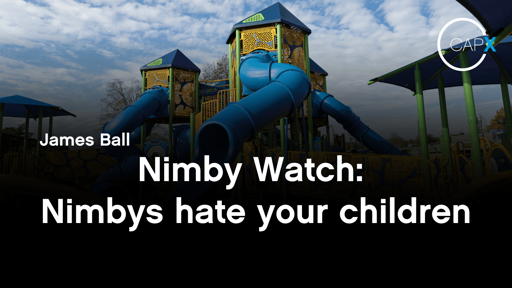

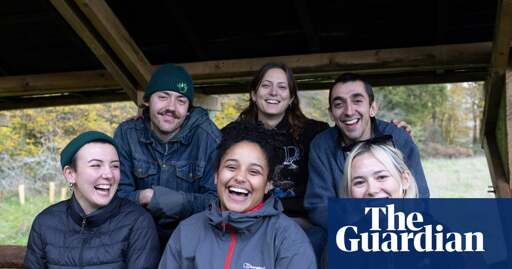

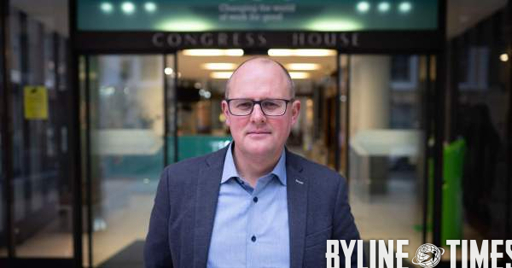

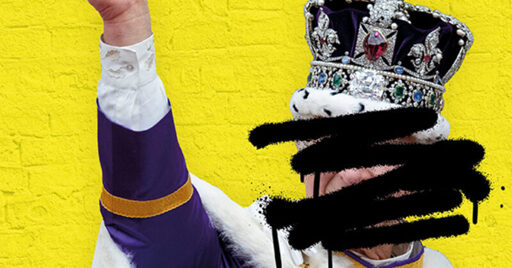
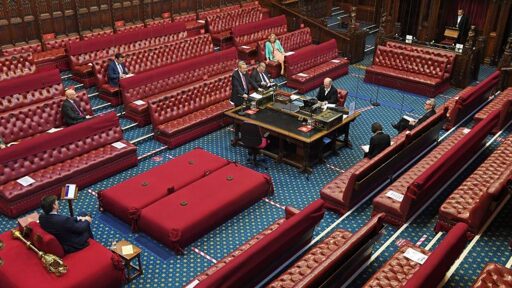
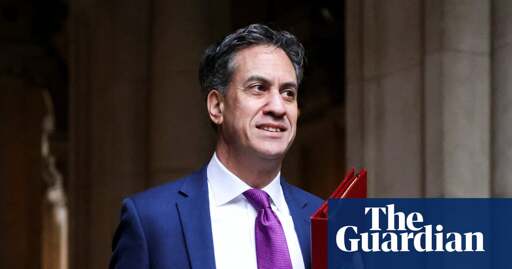
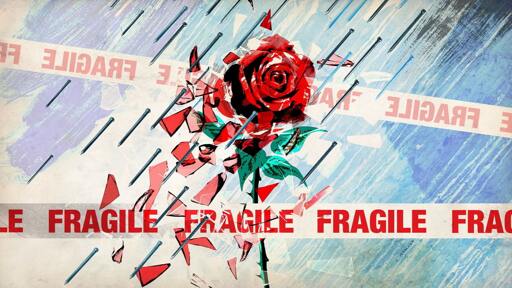
Right? Glad I'm not the only one! I also want Thok's workout jacket thing.